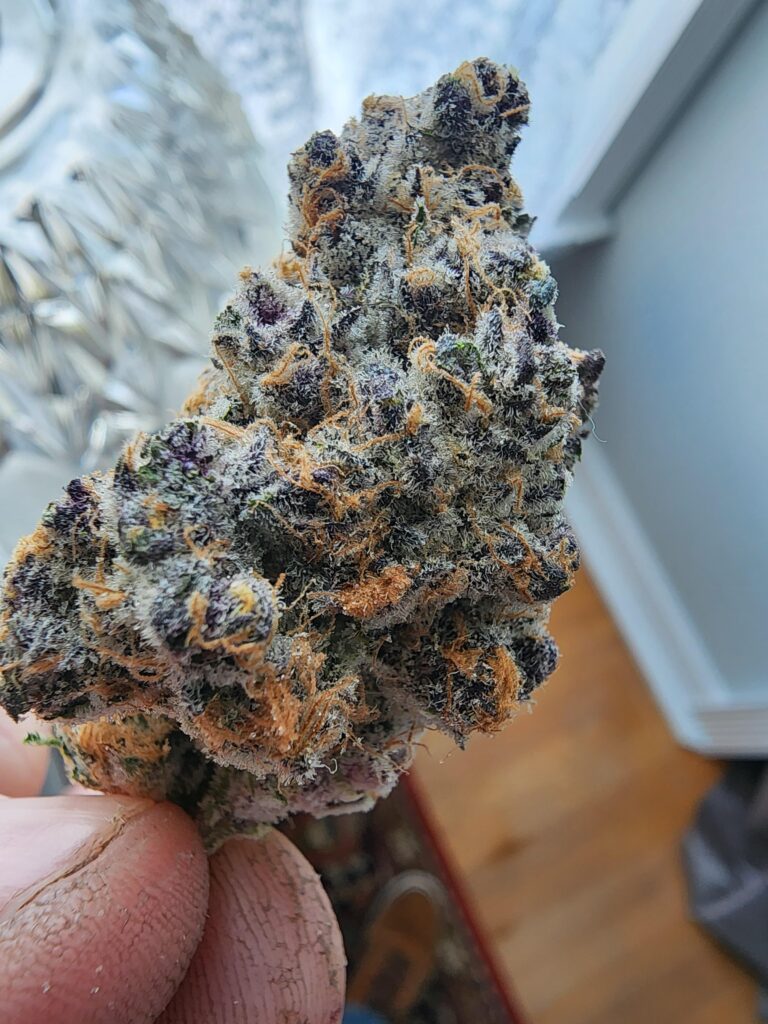Weeds in Gebze: The Environmental and Urban Challenges of an Evolving City

Gebze, located on the coast of the Sea of Marmara, is one of Turkey’s rapidly growing industrial hubs. Situated near Istanbul, the city has experienced significant urban and industrial development in recent years. While this growth brings economic opportunities, it also presents challenges, particularly in managing green spaces and urban landscapes. One often-overlooked aspect of this challenge is the presence of weeds. These hardy plants thrive in urban environments, often in areas that are neglected or disturbed by human activity. This article explores the role of weeds in Gebze, examining the challenges they pose to the city’s infrastructure and environment, as well as the ecological benefits they bring.
The Presence of Weeds in Gebze
Weeds are plants that grow where they are not intentionally planted. In Gebze, these plants can be found in a variety of settings, from residential areas and parks to industrial zones and vacant lots. As the city continues to urbanize, with new buildings, roads, and factories emerging at a rapid pace, weeds find ample opportunity to take root in areas where soil is disturbed or neglected.
Common types of weeds found in Gebze include dandelions, thistles, wild grasses, and clover. These species are particularly suited to urban environments where human interference creates pockets of disturbed soil. They tend to grow in cracks in sidewalks, along roadsides, in abandoned lots, and in poorly maintained green spaces. Despite their resilience, these plants often grow in places that are not designed for them, leading to both practical and aesthetic challenges for the city’s residents and local authorities.
The Challenges Weeds Pose to Gebze
While weeds are a natural part of any ecosystem, their growth in Gebze presents several issues, particularly as the city experiences increasing development. One of the primary challenges is the aesthetic impact. As Gebze continues to expand, its public spaces, parks, and green areas play an essential role in creating a pleasant environment for its residents. However, when weeds grow unchecked, they can undermine the beauty of these spaces, making them appear unkempt and neglected. In areas that are newly developed or undergoing construction, the presence of weeds can create an image of disorder, which may impact the perception of the city.
Another challenge posed by weeds in Gebze is their effect on infrastructure. Weeds often grow in cracks in sidewalks, roads, and even building foundations. As these plants grow, their roots can expand and widen the cracks, leading to further damage of the concrete and asphalt. Over time, this can result in costly repairs and maintenance, especially in high-traffic areas where infrastructure wear is common. In some cases, the damage caused by weeds may also pose a safety risk to pedestrians and vehicles.
In agricultural areas surrounding Gebze, weeds also pose significant challenges to local farmers. Weeds compete with crops for nutrients, water, and sunlight, often reducing crop yields. As Gebze is surrounded by fertile agricultural land, it is important for local farmers to manage weed growth effectively to maintain the productivity of their crops. Unchecked weed growth can result in lower-quality produce, which in turn can affect the income of farmers and the region’s agricultural economy.
The Ecological Benefits
Despite the challenges they present, weeds offer several ecological benefits that are often overlooked. One of the key roles of weeds is soil stabilization. Their root systems help bind the soil together, reducing the risk of erosion. This is particularly important in urban environments like Gebze, where construction and development can disrupt the natural landscape and increase the risk of soil runoff. Weeds, by anchoring the soil, help prevent further erosion and maintain the integrity of the land.
Additionally, many weeds are nitrogen-fixing plants, such as clover.
Weeds also contribute to biodiversity. By supporting these insects, weeds help maintain a healthy ecosystem, which benefits both local flora and fauna.
Managing Weeds in Gebze
Given the challenges posed by weeds in Gebze, effective management strategies are essential to maintain both the aesthetic and ecological balance of the city. Local authorities, urban planners, and even residents must work together to address the issue in a sustainable and environmentally-friendly manner.
However, there is increasing awareness of the potential negative effects of chemical herbicides on the environment and human health. As a result, more sustainable approaches to weed management are being explored, such as organic herbicides, manual removal, and mulching. These methods can help control weeds without causing harm to the surrounding environment.
One approach that has gained popularity in Gebze is the use of natural landscaping techniques. These plants can help outcompete weeds by providing better cover and requiring fewer resources to thrive. Additionally, natural landscaping can help maintain biodiversity and create more resilient green spaces that can withstand the pressures of urbanization.
Community involvement is also crucial in managing weeds in Gebze. By fostering a sense of shared responsibility for the city’s green spaces, Gebze can create a more sustainable urban environment.
Conclusion
Weeds in Gebze are a natural part of the urban landscape, but their growth poses both challenges and opportunities for the city.
You’re the best when it comes to marijuana products , always taking care of me. Definitely recommending you to my friends. Thanks for the quick delivery .Really happy with the product .As usual, it’s top-notch. Keep it up you. you can contact them on email Scenthub43@gmail.com and also there Telegram : https://t.me/Scenthub43
wow Thanks for the referral they have great service and got the best weed around. and the delivery is so smooth

Thanks for always being reliable! I can always count on you for good product.
You’re the go-to in the area for a reason. Always a smooth experience